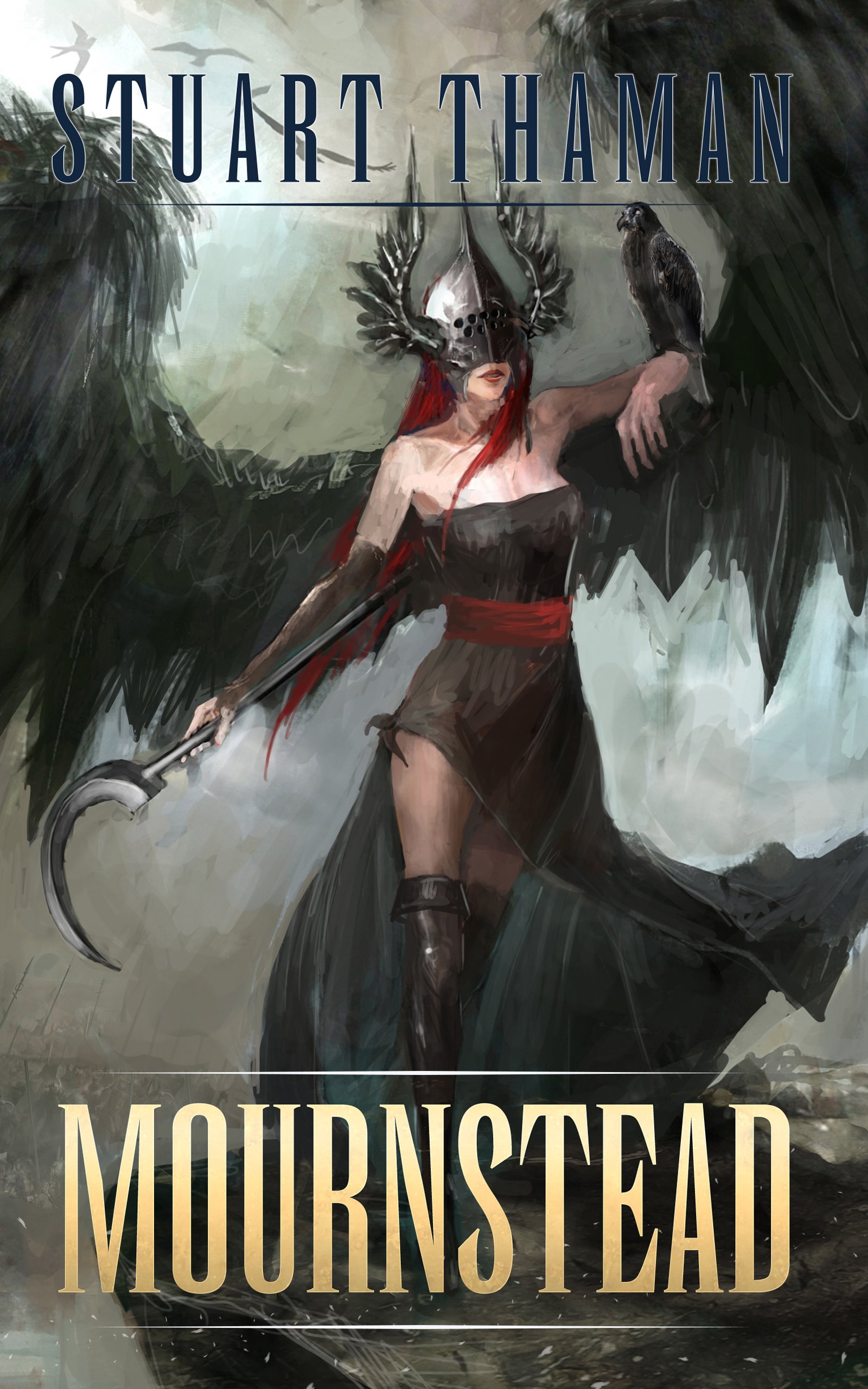Before that day I’d never thought about creative writing, but the words just started to flow. Hours turned into days—then into months—as taking the stories from my head and putting them into words became my new favorite activity.
I always feel strange when I tell people that I just decided to start writing one day out of the blue, but that’s what happened, and that’s the first thing I learned about writing:
It doesn’t matter what you write, as long as you’re writing something.
Take the thoughts in your head and make them tangible. Whether it’s a notebook and pen, a typewriter, a voice recorder, or, in my case, a laptop, only you can get the story out of your head and make it real.
It doesn’t have to be coherent, and it definitely doesn’t have to be perfect, but the more you write, the easier it is to keep up the process. If found that one of my favorite things to do was wake up early and read whatever whiskey-induced things I had come up with the night before. Some of them were genius or hilarious, but most were garbage. However, as the days ran on, the sporadic concepts started to meld together into something resembling a story.
I let a few of my friends read it, and they gave me the encouragement to see it through to the end.
Finally, as I got on the plane to come home to my friends and family, I typed the final scene. I had done it. I had written a book. It wasn’t pretty, but in 80K words, I had created a fantasy world like the ones from J.R.R. Tolkien and Lloyd Alexander that I had worn the pages off as a child.













